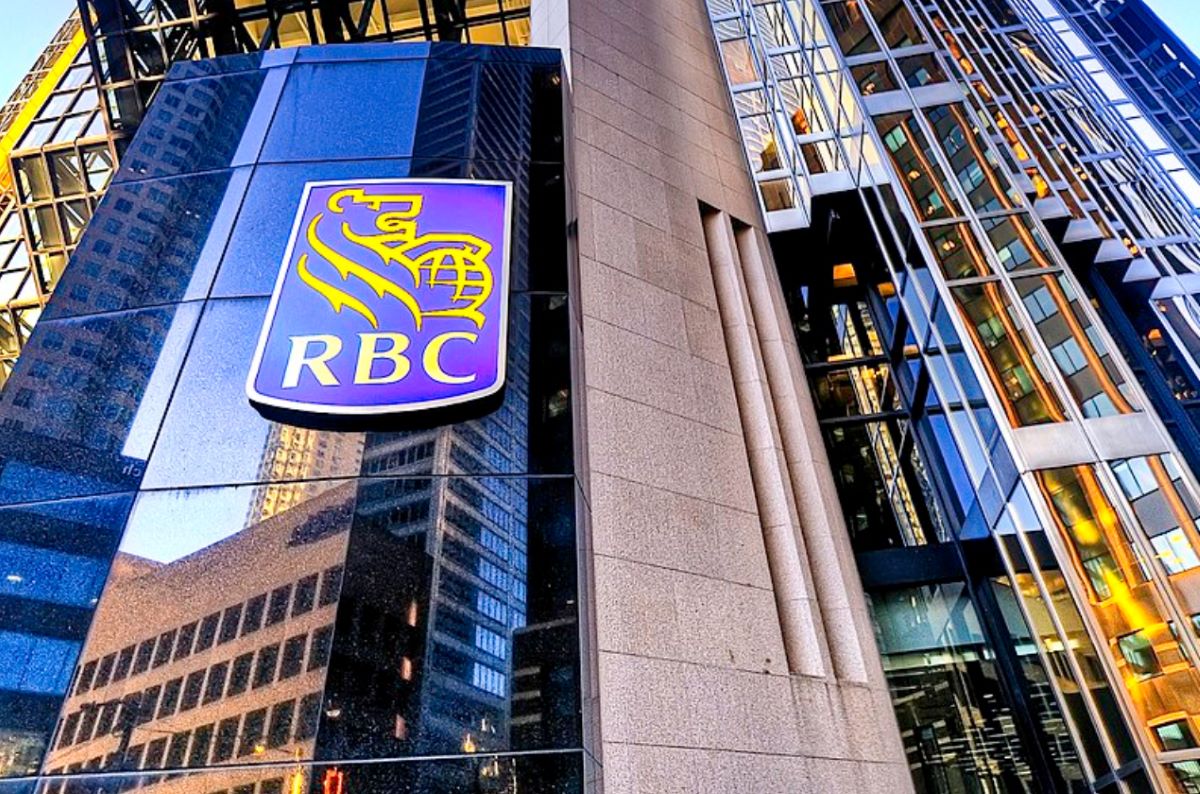Home>Finance>Nasdaq Capital Market (Nasdaq-CM): Definition And Requirements


Finance
Nasdaq Capital Market (Nasdaq-CM): Definition And Requirements
Published: December 28, 2023
Learn about Nasdaq Capital Market (Nasdaq-CM) and its requirements for listing. Explore the world of finance and discover how this market can benefit your investments.
(Many of the links in this article redirect to a specific reviewed product. Your purchase of these products through affiliate links helps to generate commission for LiveWell, at no extra cost. Learn more)
Nasdaq Capital Market (Nasdaq-CM): Definition and Requirements
Are you interested in understanding how the Nasdaq Capital Market (Nasdaq-CM) operates and its requirements? In this blog post, we will delve into the details of Nasdaq-CM, providing you with valuable insights into this popular stock market exchange. Whether you are a beginner or a seasoned investor, it’s essential to have a clear understanding of the platforms where you choose to invest your hard-earned money.
Key Takeaways:
- The Nasdaq Capital Market (Nasdaq-CM) is a leading stock market exchange designed to facilitate the trading of smaller public companies.
- To list on Nasdaq-CM, companies must meet specific requirements, including minimum regulatory net tangible assets, minimum bid price, and market value of publicly held shares.
What is Nasdaq Capital Market?
The Nasdaq Capital Market, also known as Nasdaq-CM, is a nationally recognized U.S. stock market exchange operated by Nasdaq. It is designed specifically for smaller public companies that may not meet the criteria for listing on larger exchanges, such as the Nasdaq Global Select Market or the New York Stock Exchange (NYSE). Nasdaq-CM is an alternative option for companies seeking to raise capital.
Requirements for Listing on Nasdaq-CM
To be eligible for listing on the Nasdaq Capital Market, companies must meet specific requirements set by Nasdaq. These requirements help ensure the company’s financial stability and protect investors. Here are some of the key factors considered:
- Minimum Regulatory Net Tangible Assets: Companies must have a minimum amount of net tangible assets to signify their financial health and ability to operate successfully. This requirement helps protect investors by ensuring that listed companies meet a certain financial threshold.
- Minimum Bid Price: The company’s stock must maintain a minimum bid price for a specified period, typically $1, to demonstrate market demand and prevent stock manipulation.
- Market Value of Publicly Held Shares: Nasdaq-CM requires a minimum market value of publicly held shares to ensure adequate liquidity in the market and protect investors’ interests.
- Directors and Audit Committee: Companies desiring to list on Nasdaq-CM must also meet certain governance requirements, including the composition of the board of directors, independence of the audit committee, and other governance-related considerations.
These requirements serve as a means to protect investors and maintain the integrity of the exchange.
Listing Process
Once a company satisfies the requirements for listing on the Nasdaq Capital Market, they must go through the listing process. This process typically involves submitting an application, providing necessary documentation, and complying with Nasdaq’s review and approval procedures. It’s essential to note that the listing process may vary depending on the individual circumstances of each company.
Benefits of Listing on Nasdaq-CM
Listings on the Nasdaq Capital Market can provide several benefits to companies:
- Enhanced Visibility: Listing on a reputable exchange like Nasdaq-CM can enhance a company’s visibility and credibility among investors, potentially attracting more interest and investment.
- Liquidity: The Nasdaq Capital Market offers a liquid trading environment, facilitating easier buying and selling of shares, which can be advantageous for investors.
- Raising Capital: A successful listing on Nasdaq-CM can open doors to additional fundraising opportunities, allowing companies to expand their operations or invest in new ventures.
- Access to a Wider Investor Base: Nasdaq-CM attracts an extensive network of domestic and international investors, providing companies with broader exposure to potential stakeholders.
Listing on Nasdaq-CM is considered a significant milestone for many companies as it signifies their commitment to transparency, financial stability, and growth potential.
In conclusion, the Nasdaq Capital Market (Nasdaq-CM) is a stock market exchange designed for smaller public companies seeking to raise capital. To qualify for listing, companies must meet specific requirements laid out by Nasdaq, such as minimum regulatory net tangible assets, minimum bid price, and market value of publicly held shares. Listing on Nasdaq-CM offers numerous benefits, including enhanced visibility, liquidity, access to wider investor base, and the ability to raise capital. This platform provides an excellent opportunity for investors to explore and support emerging companies.














